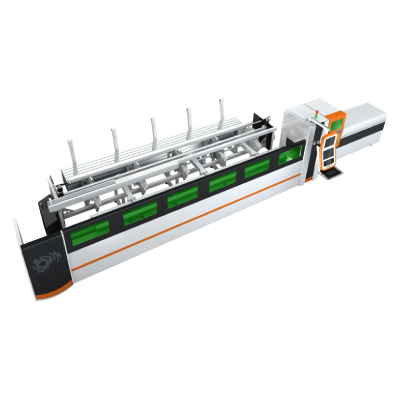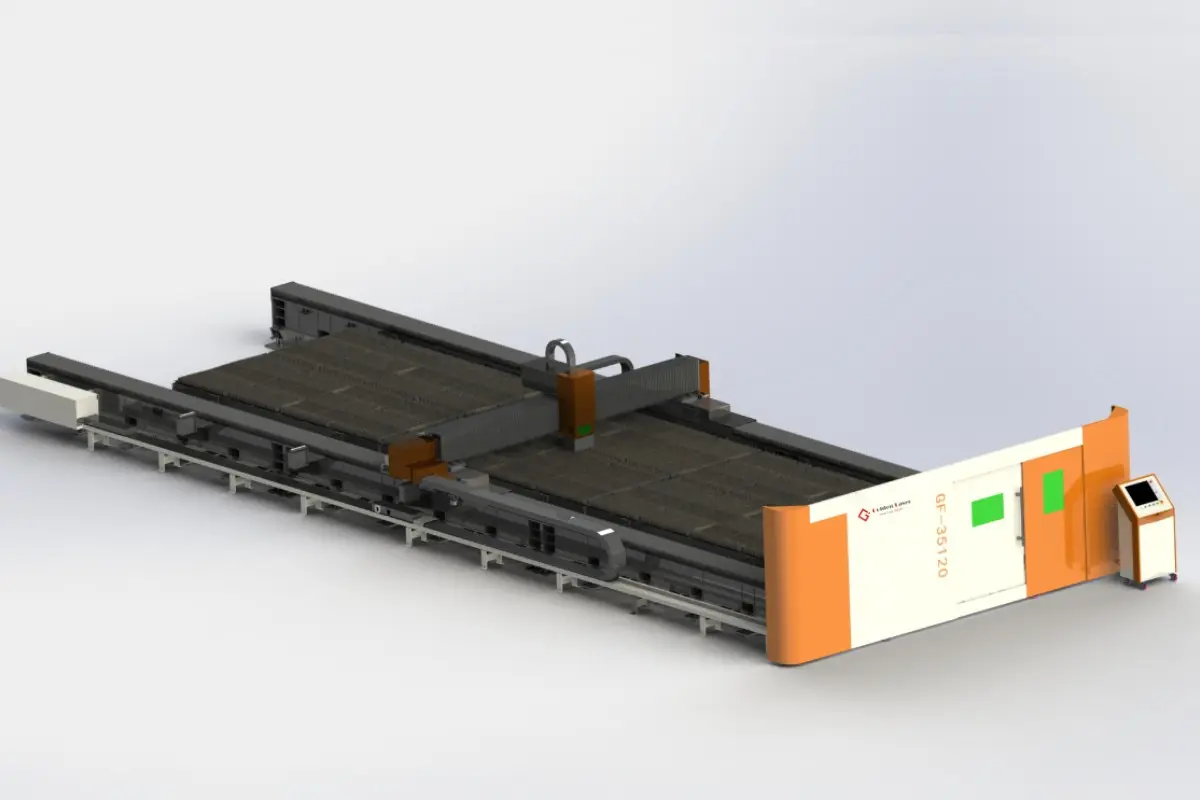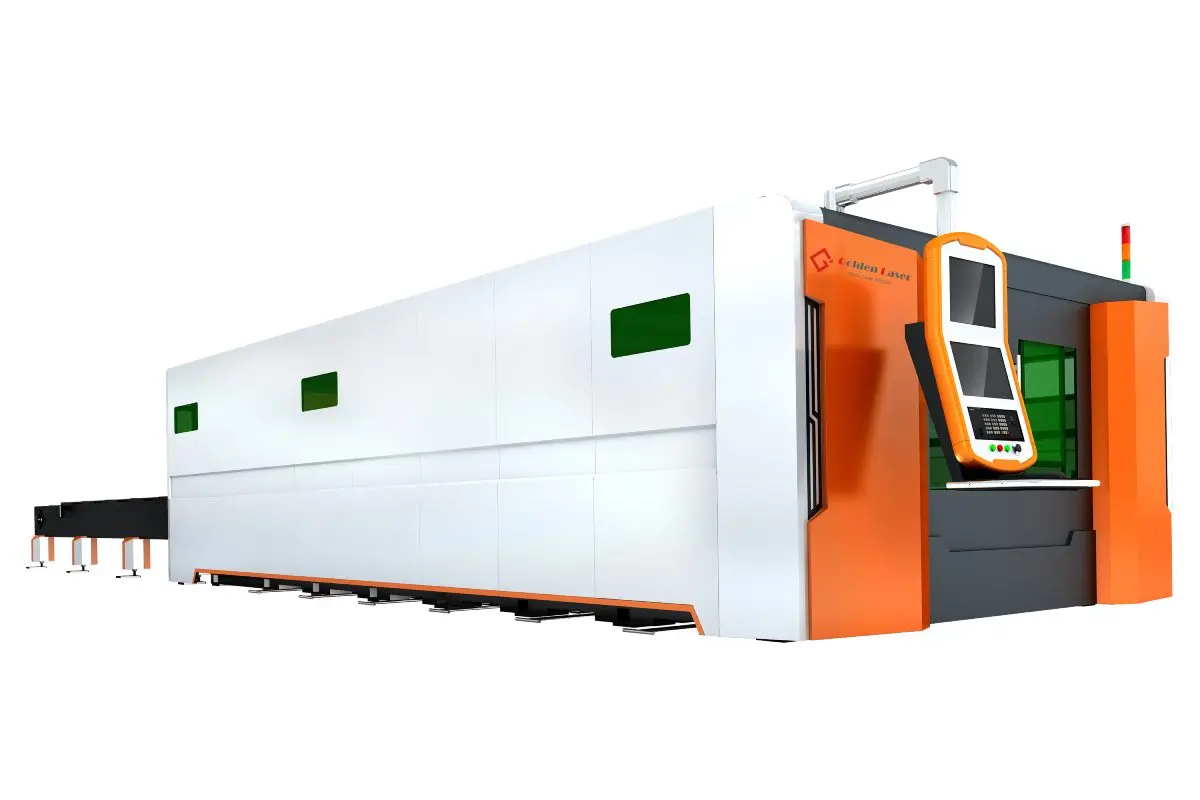
Revolutionizing Automotive Manufacturing: The Power and Precision of Laser Cutter for Automotive Parts
In the fast-paced world of automotive manufacturing, precision and efficiency are paramount. As technology continues to evolve, new tools and techniques are constantly bringing advancements to the industry. One such revolutionary tool that has transformed the way automotive parts are produced is the laser cutter.
Laser cutting technology has gained significant popularity in recent years due to its ability to produce high-quality parts with unmatched precision. This technology utilizes a high-powered laser beam to vaporize, melt, or burn through materials, allowing manufacturers to achieve intricate and complex designs that were once thought impossible.
Automotive manufacturers are increasingly integrating laser cutters into their production processes due to a multitude of benefits they offer. One of the major advantages of laser cutting is its ability to cut a wide range of materials, including metals, plastics, and composites, with equal precision. This versatility allows for the fabrication of various automotive components such as body panels, brackets, gaskets, and even engine parts.

Revolutionizing Automotive Manufacturing: The Power and Precision of Laser Cutter for Automotive Parts
The precision offered by laser cutters is unparalleled. These machines can cut parts with astonishing accuracy, often achieving tolerances as tight as 0.1 mm. This level of precision ensures that each component fits seamlessly within the vehicle and eliminates the need for extensive post-production adjustments or modifications. As a result, the overall production time is significantly reduced, leading to cost savings for manufacturers.

Revolutionizing Automotive Manufacturing: The Power and Precision of Laser Cutter for Automotive Parts
Moreover, laser cutters have improved the production efficiency of automotive parts. Traditional cutting methods, such as mechanical or water jet cutting, often result in material wastage and require additional finishing operations. In contrast, laser cutters minimize material waste as they have precise control over the cutting path. Additionally, laser cutting produces clean edges without burrs, reducing the need for subsequent finishing steps.
Another advantage of laser cutting technology is its ability to create complex shapes and intricate designs. The high precision and accuracy of laser cutters enable manufacturers to produce parts with intricate patterns and geometries, which were previously unachievable using traditional cutting methods. This allows automotive designers to push the boundaries of creativity and produce unique components that not only enhance the aesthetics of the vehicle but also improve its performance.
In addition to cutting, laser technology also offers other processes useful in automotive manufacturing. Laser welding, for instance, has become increasingly popular for joining pieces of metal together. This process offers high welding speeds, minimal heat input, and produces strong, consistent welds. Laser engraving is another application that automotive manufacturers utilize for branding, labeling, and customization purposes.
While laser cutter technology has revolutionized automotive manufacturing, it is not without its limitations. The initial costs of purchasing a laser cutter and acquiring the necessary training for its operation can be significant. Additionally, certain materials, such as highly reflective metals, are challenging to cut using lasers. However, as the technology continues to advance, these limitations are continuously being overcome.
In conclusion, the integration of laser cutter technology in automotive manufacturing has brought about a significant transformation in the industry. The precision, versatility, and efficiency offered by laser cutters have revolutionized the way automotive parts are produced. With its ability to cut a wide range of materials, create intricate designs, and reduce production time, laser cutters have become an indispensable tool for automotive manufacturers. As technology continues to advance, it is clear that laser cutters will play a vital role in shaping the future of automotive manufacturing. Fiber Laser Cutting Machine For Metal
